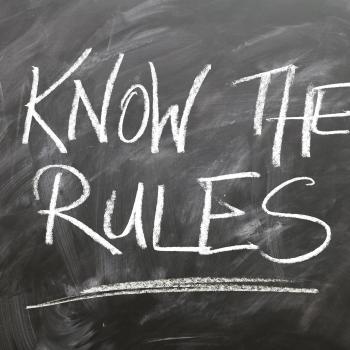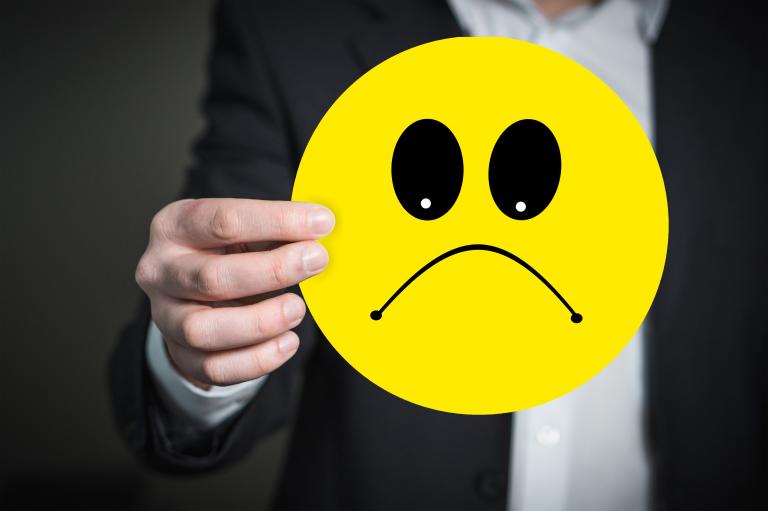
My wife and I sometimes settle in to watch a little television. This often involves some British series, usually a period piece, typically set in the countryside. Our watching of Blue Bloods was more the exception than the rule.
Twice recently, I have been struck by the portrayal of clergy in these programs. In Grantchester, a pretty good show overall, Anglican clergyman Sidney Chambers is so confused about moral realities he can barely preach or offer counsel to his flock.
Even worse was a moment in Ballykissangel, an Irish program from the 1990’s. Having just arrived in Ballykissangel, the new priest is engaged in a conversation with a young parishioner in which she says she wants to sleep with her boyfriend before getting married to try him out, to see if they are “sexually compatible.”
Father Clifford winces and says, “I’m a Catholic priest, what do you expect me to say?” Could there be a more ringing endorsement of the church’s moral teaching? Later, he says apologetically, “I can’t tell you to sleep with your boyfriend, but I won’t condemn you if you do.”
All this waffling is meant to show the human side of the characters. As characters in programs designed to appeal to modern, secular audiences equivocating on issues of right and wrong is supposed to make clerical characters palatable, as if the audience is supposed to say, “Well, yea, he’s a priest, but he’s the cool kind!”
The problem would be less serious if it were only on television. But, the attitudes displayed on the tube are widespread. Confusion on moral matters is now not only expected, but considered admirable. Tacit consent to the general cultural conviction that no one really knows what’s right or wrong is de rigueur.
It’s no wonder people, even clergy, eager to be liked and to fit in try to avoid speaking clearly on such issues. Speaking as if there really is a moral law which people can know and by which they ought to seek to order their actions is now regarded as a grave trespass against social mores.
But, people need such speech desperately. Human beings, by nature, require moral guidance. While we all have inchoate intuitions of the moral law, we need others, in the form of parents, clergy, teachers and social institutions to reinforce those intuitions. Our community is supposed to offer us guidance when our own sense of the moral law is undeveloped or becomes obscured by our innate selfishness and tendency toward self-justification.
People, especially modern people, hunger for moral clarity. They want to know the right thing to do. Even when they resist, argue, and choose wrongly, people draw a deep comfort from knowing that people around them are committed to unchanging moral truths. Those who do not waver on matters of the moral law are a rock in the tumultuous sea of human life. Even people who subject themselves to being tossed needlessly upon the waves are comforted by knowing the rocks are there.
Those who, like the clergy in these programs, equivocate about moral matters often claim to do so from compassion. Giving a clear answer where the moral law is clear, they believe, makes people feel bad. Such answers cause people to feel embarrassed or condemned. Giving a clear answer where the moral law is clear often involves telling people they are wrong, and that, in this view, is mean.
Such thinking is short-sighted. Even if people feel embarrassed when told unambiguously what the moral law demands, we should tell them. Feelings pass. It’s better that people be momentarily offended than that they be bereft of guidance. It is better to give momentary offense than to stand by while people flounder through their moral decisions sometimes wrecking their lives and causing great damage to others.
Rather than fearing a passing unpleasantness, we should speak plainly to one another where the law is plain. Of course, in speaking this way, we should be subject to the moral law ourselves. We have no excuse for speaking in ways that belittle or berate.
The moral law, far from being an oppressive force or a source of pain, is good. Obedience to it leads to integrity. Those who submit to the moral law need no longer be in submission to the world and its fickle forces, and this is freedom. Because the law is good, obscuring it in any way is neither kind nor gracious. Rather, to declare openly what is good is a tonic and to uphold the law is mercy.












